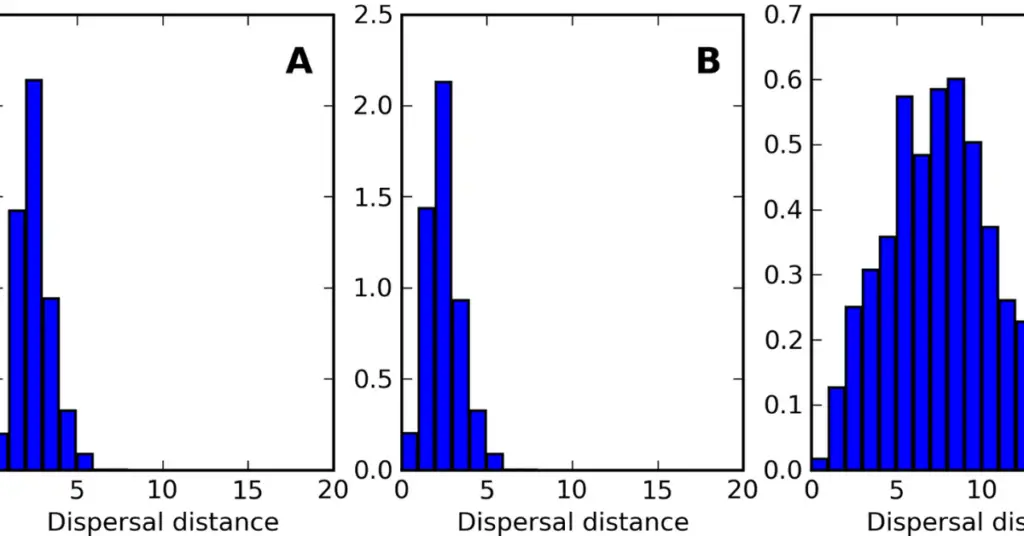Large populations have many ecological, behavioral, and physiological mechanisms that prevent hybridization, the production of offspring among genetically distant taxa, whether they be individuals of different species, or individuals of the same species but with different adaptations (the latter being intraspecific hybridization).
As with inbreeding depression, these mechanisms may fail in small populations, leading to outbreeding depression. Because offspring that result from outbreeding depression have traits that are intermediate to their parents, they may not be adapted to either of the parents’ ecosystems.
For example, one study found that plants suffering from outbreeding depression have weakened defenses against herbivory. Outbreeding depression may also lead to a breakdown in physiological and biochemical compatibility between would-be parents—hybrid sterility is a well-known consequence of this breakdown.
Consequently, species and populations suffering from outbreeding depression often show similar symptoms to inbreeding depression, including lower fitness, weakness, and high rates of mortality.
The opposite of outbreeding depression is hybrid vigor. Under these conditions, the hybrid offspring can be quite strong in an evolutionary sense; they may even outcompete their parent species.
Such is the case with the South African endemic black wildebeest (Connochaetes gnou, LC); having recovered from near-extinction, poorly planned translocations are now threatening this species, which readily hybridizes with the widespread common wildebeest (Connochaetes taurinus, LC) in areas of contact.

Erzsebet Frey (Eli Frey) is an ecologist and online entrepreneur with a Master of Science in Ecology from the University of Belgrade. Originally from Serbia, she has lived in Sri Lanka since 2017. Eli has worked internationally in countries like Oman, Brazil, Germany, and Sri Lanka. In 2018, she expanded into SEO and blogging, completing courses from UC Davis and Edinburgh. Eli has founded multiple websites focused on biology, ecology, environmental science, sustainable and simple living, and outdoor activities. She enjoys creating nature and simple living videos on YouTube and participates in speleology, diving, and hiking.

